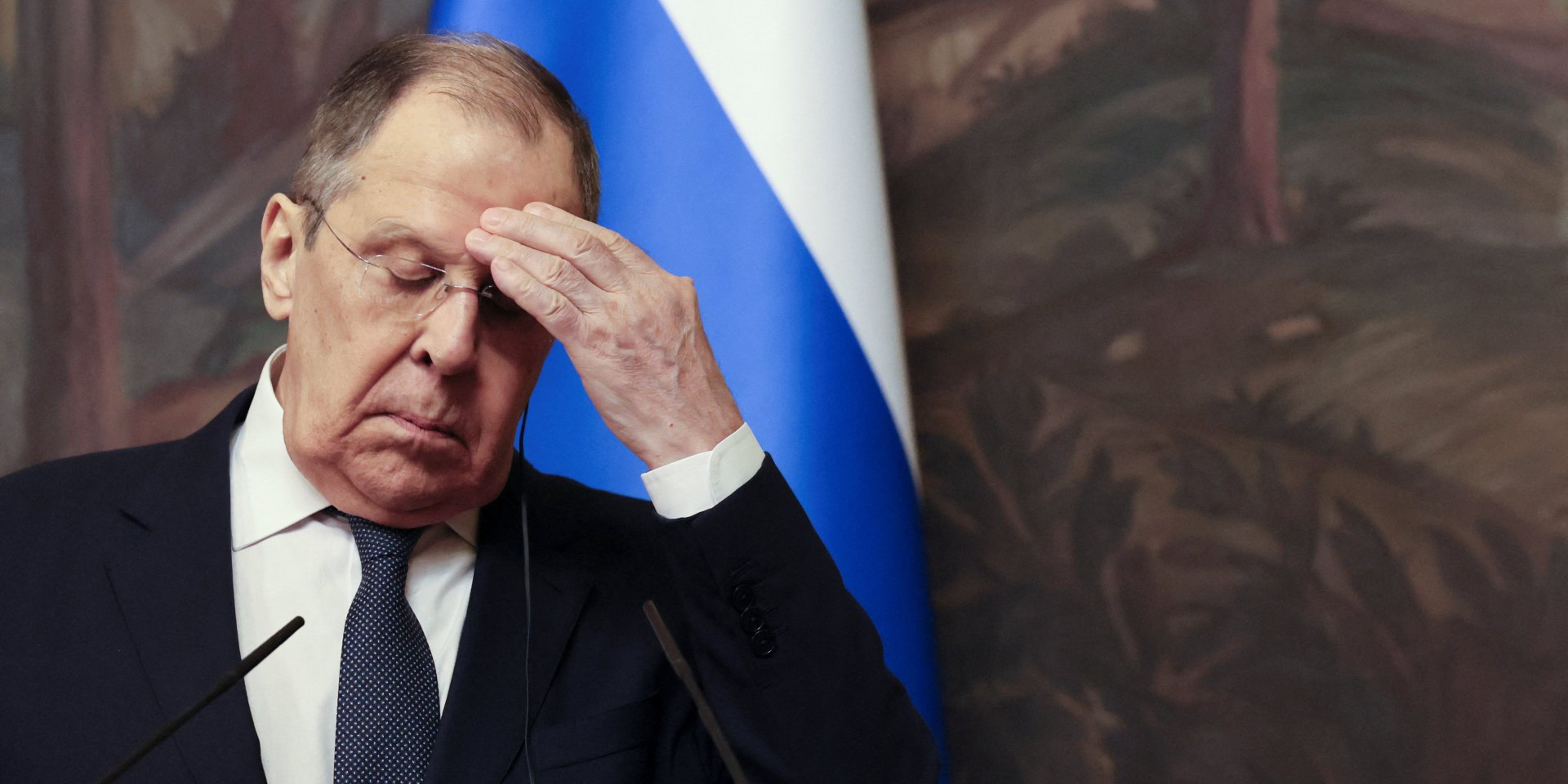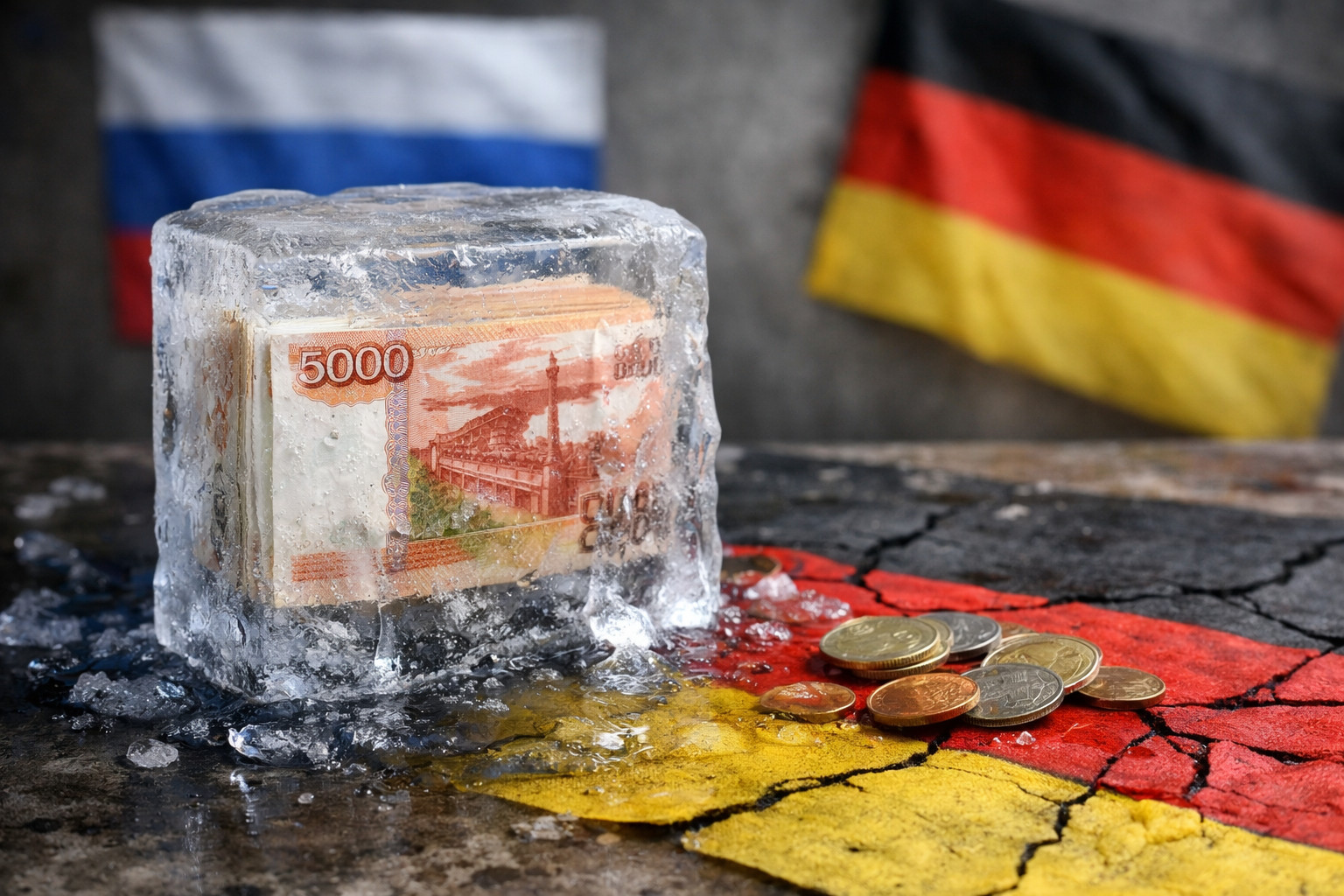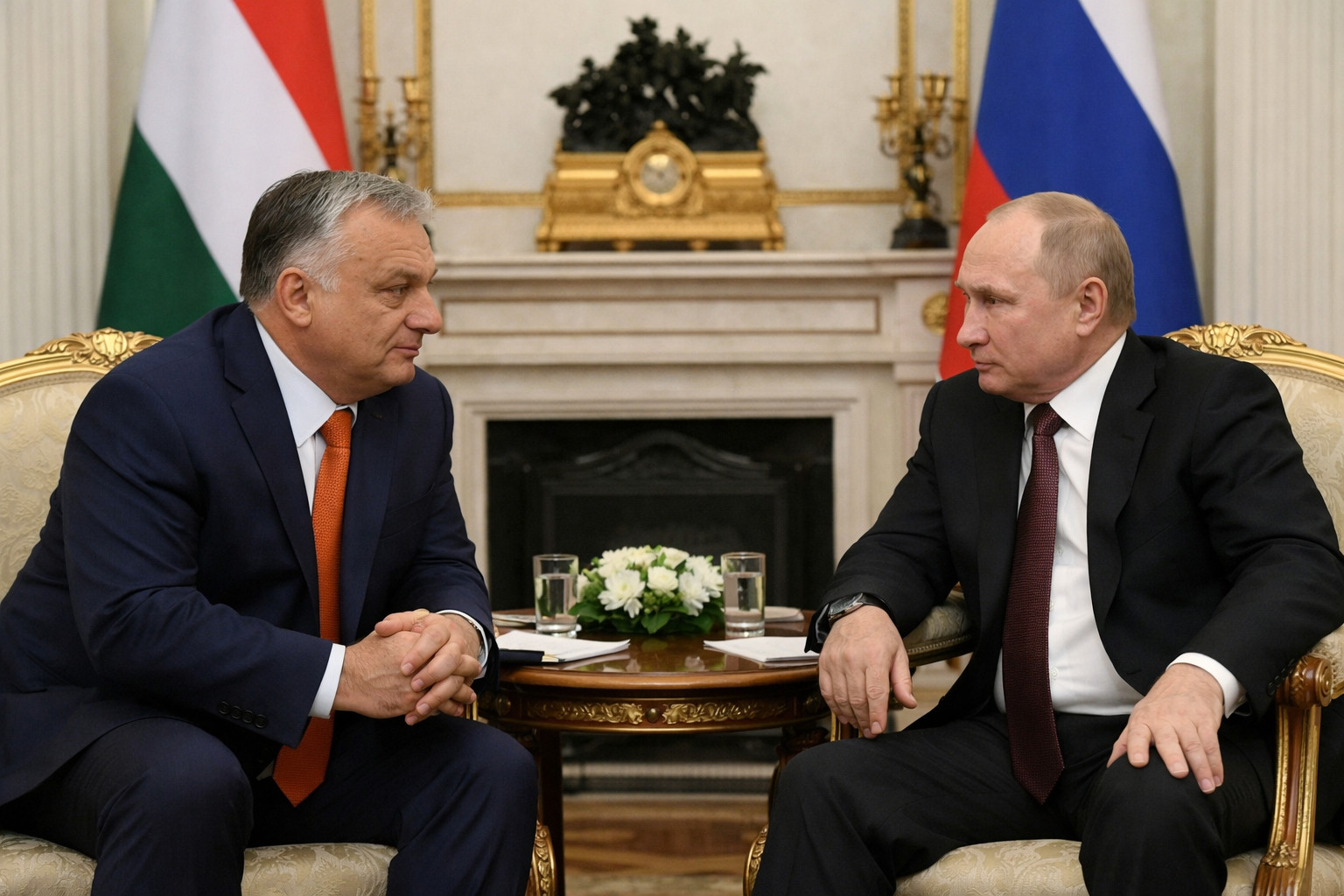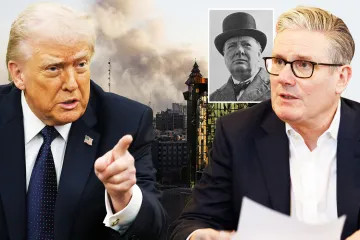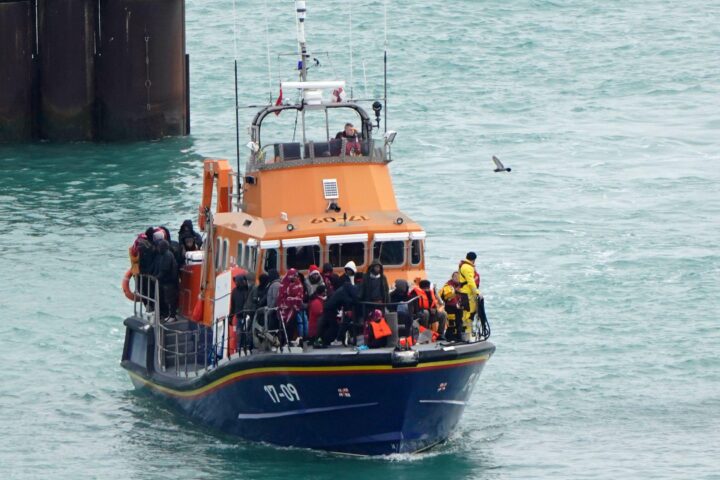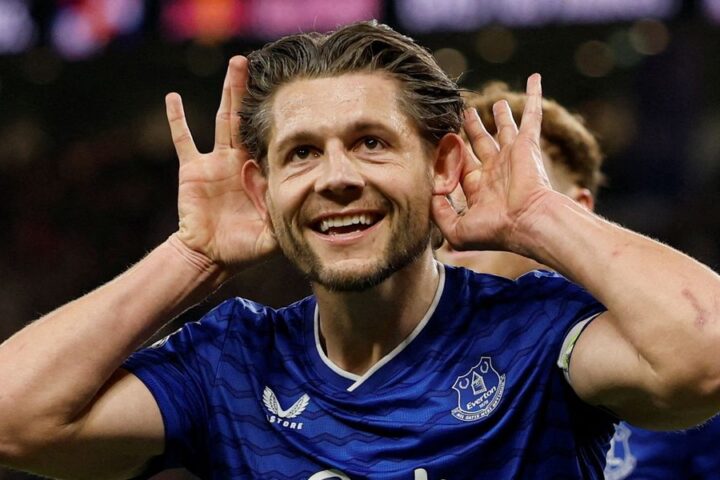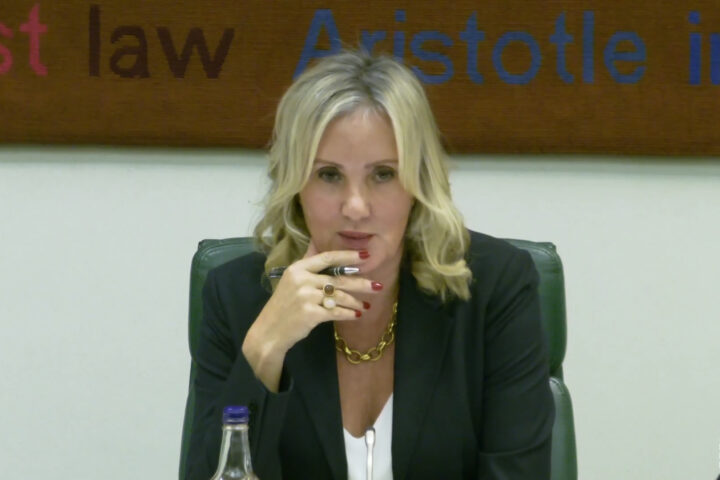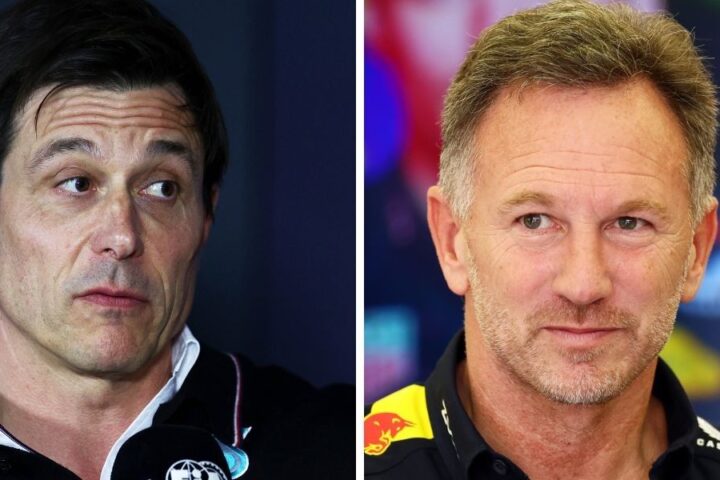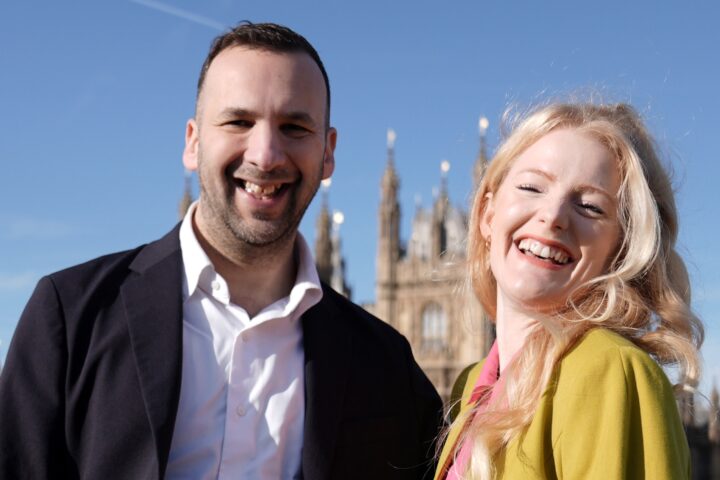On August 24, 2025, Russian Foreign Minister Sergei Lavrov outlined Moscow’s stance on ending the war in Ukraine during an English-language interview on NBC’s Meet the Press. He stated that a “peace deal” was possible only if Ukraine agreed to neutrality, renounced NATO membership, and accepted so-called “security guarantees” from major powers. He added that territorial issues should be resolved separately, and dismissed the possibility of a meeting between Vladimir Putin and Volodymyr Zelensky, claiming the “agenda is not ready.” Lavrov also denied Russian strikes on civilians, insisting that Moscow only targets military and industrial sites, a claim widely disputed by Kyiv and its allies. His remarks were later echoed in a statement published by the Russian Foreign Ministry.
Demands framed as capitulation
Lavrov repeated Russia’s long-standing conditions that Kyiv sees as unacceptable “starter demands.” These include Ukraine’s permanent rejection of NATO integration, the replacement of collective defense structures with vague “great power guarantees,” and implicit recognition of Moscow’s territorial claims. Far from a framework for a ceasefire, these terms amount to a step-by-step plan for Ukraine’s capitulation, designed to freeze the conflict on the Kremlin’s terms while preserving tools of leverage for future pressure.
Undermining Ukraine’s legitimacy
The Russian diplomat went further, asserting that President Zelensky was “illegitimate,” a statement that effectively blocks any prospect of direct talks. By delegitimizing Ukraine’s leadership, Moscow creates preconditions that ensure negotiations cannot advance, while shifting blame to Kyiv and the West for the absence of dialogue. This tactic mirrors Russia’s broader pattern of imposing unacceptable preconditions to buy time and project the appearance of intransigence onto its adversaries.
Justifying strikes on civilian-linked targets
Pressed about reports of Russian attacks on an American-owned facility in Ukraine, Lavrov dismissed the accusation, repeating the formula that Russia only strikes “military and industrial” sites and citing “reliable intelligence.” Analysts note that this rhetoric is a legal smokescreen, enabling Moscow to classify factories, warehouses, or logistics hubs as “legitimate targets.” In practice, this justifies continued strikes on infrastructure, including sites with U.S. capital investment, and signals the likelihood of further attacks on Ukraine’s energy grid and transport systems under the guise of military necessity.
Messaging aimed at the U.S. audience
By choosing a primetime American political program, Moscow used Lavrov’s appearance as an information operation targeted at U.S. voters. The Kremlin framed the conflict not as an act of aggression but as a negotiation blocked by Europe and Ukraine, promoting the notion of a “simple solution” achievable through Ukrainian concessions. The strategic objective is to undermine bipartisan consensus in Washington on supporting Kyiv and to drive a wedge between the U.S. and its European allies ahead of future aid decisions.
Escalation under the guise of red lines
Lavrov also underscored Russia’s “red lines,” rejecting any NATO presence or allied missions on Ukrainian soil and insisting on Ukraine’s neutrality. Such conditions amount to granting Moscow veto power over Ukraine’s sovereignty and defense partnerships. Any hypothetical Western training or defensive mission could be labeled a casus belli, raising the risk of renewed escalation rather than reducing tensions.
Contradictions with U.S. political narratives
The interview highlighted a sharp contrast between Kremlin rhetoric and the narrative promoted by some figures in the U.S. political debate. While U.S. Vice President J.D. Vance has spoken of Moscow’s supposed willingness to respect Ukraine’s territorial integrity, Lavrov’s statements undercut these claims, dismissing Ukraine’s leadership and rejecting its right to self-defense and alliances. Far from signaling compromise, this public posture reflects deliberate humiliation and strategic delay, as the Kremlin pushes Washington into the role of sole mediator while portraying the EU as a party to war.
